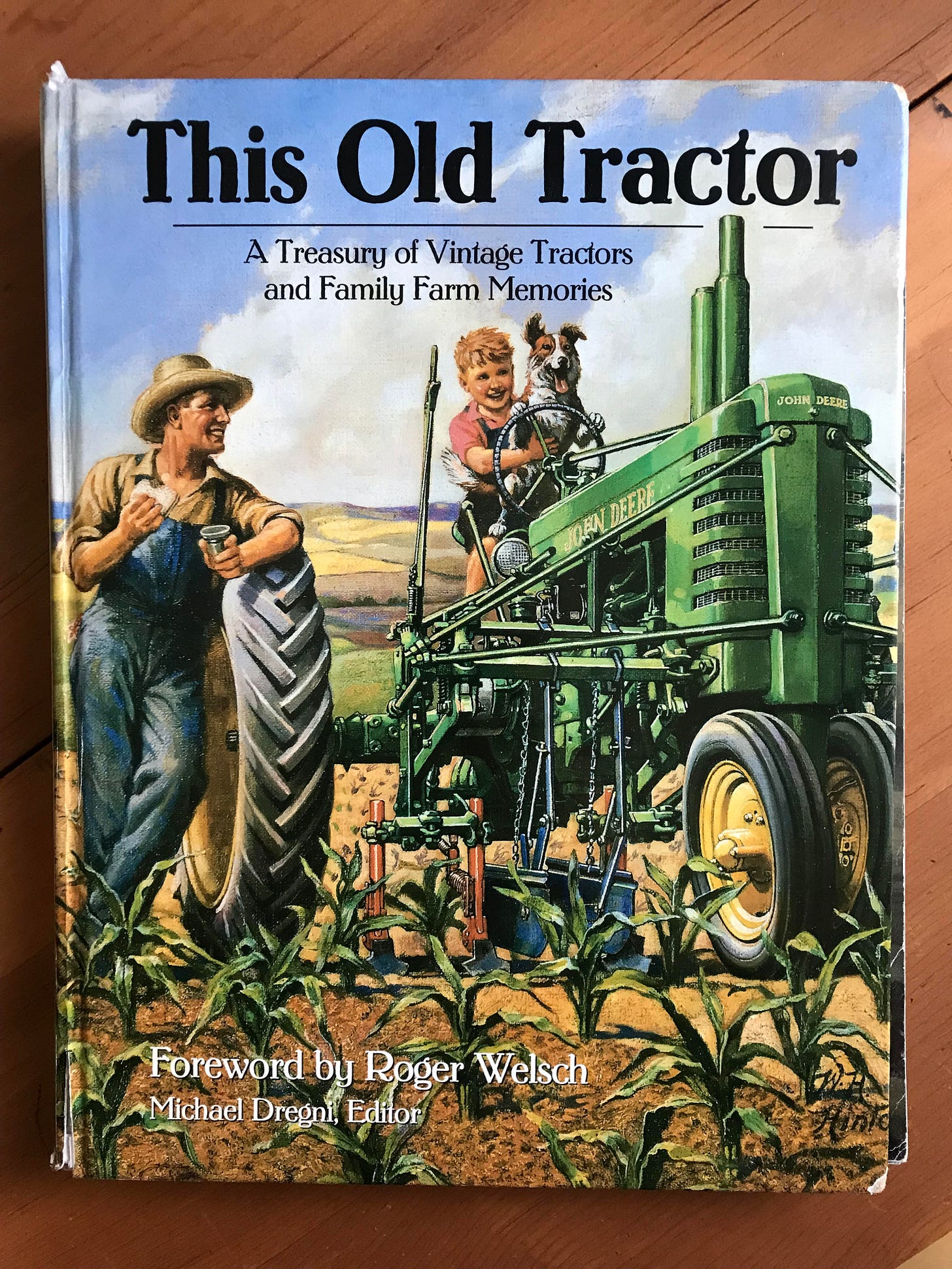Where do you find a hero when you’re pushing forty, can’t remember what day it is, and don’t like celebrities (besides Celeste Barber)? It’s down to Olympians and ultramarathon runners for me. After all, what have I been doing these past few years, raising twins to the size, decibel level, and temperament of small mules, if not enduring?
I just spent the last hour and a half trying to get my toddlers to sleep: cups of milk, pacifiers, fans, soothing music, hauling them back to their cribs with a hurting back every time they vault out, etc. At some point in this process, one of them, the one I call the Minotaur, stops thrashing for a moment, and says several times to himself, quietly, and with different forms of emphasis and emotion, “no throwing” / “NO throwing” / “No. Throwing.”
This stage-whisper always comes right before he starts chucking everything in his crib over the side. At my head. I’ve learned that it’s then my job to non-react, because reaction stimulates. (I can’t just leave the room, or he’ll vault into his sister’s crib, onto her head, or worse yet, decide not to nap at all, which is a catastrophe of proportions I cannot overstate. WHO MAKES LIDS FOR CRIBS?) Even when This Old Tractor : A Treasury of Vintage Tractors and Family Farm Memories, hits me with all its weight, I scale the profanity down to a bare minimum.
Daily doings like this one make the concept and reality of the ultramarathon accessible to me. In many ways, my reality as a mother of twin toddlers makes new and challenging ideas seem not only approachable but preferable to one more second of persuading small humans to do the things they have to do anyway in order to stay alive.
When I read Christopher McDougall’s Born to Run : A Hidden Tribe, Superathletes, and the Greatest Race the World has Never Seen, I chain-smoked the last few chapters in my bed when I should have been sleeping. I gave away my old running shoes and took up running in minimal footwear the next day. I have since watched all the ultramarathon documentaries I could find, drawn up a training plan to run an ultra of my own in September, and made it through something like five weeks of what for me is pretty high mileage.
In almost direct proportion to my fascination with endurance and the achievements of the human spirit, I am captivated by failures: the small ones (yelling at children), the medium ones (rejection letters), and the spectacular ones (dying, despair, abandonment of what one loves, forgetting to buy cheese).
Which brings me to the book I’m currently listening to, The Indifferent Stars Above : The Harrowing Saga of the Donner Party, by Daniel James Brown. (Please note: if you want to read a piece by this sharp, intuitive, beautifully researched writer, start with The Boys in the Boat. It’s spectacular, and had me crying on the trail during the final chapters. I highly recommend the audiobook version.) I have so far been unable to answer kind, smart, concerned people in my life who ask me, “why are you reading about… the Donner Party?” Why has this book about the most profound darkness, loss, horror, and suffering made the list of things that hold my sleep-deprived attention?
Pain itself, one of endurance’s component parts, bears consideration. Suffering interests me because a) nobody gets to opt out, and b) it has made me sturdier, more alive, and much kinder.
As one of my cousins put it, “I do not judge people who put their children on leashes anymore.” There’s a lot more room in my world now that I can neither remember how old I am nor find the will to care; I am slower to snarl at anyone else’s bad or bewildering behavior now that I carry 52 pounds of braying mule-child with me down the grocery aisles; I’m less inclined to strike at another’s dignity when crossed or wronged (when Baby A wipes dog poop onto one’s thigh at the same moment Baby B adds chickpeas to a cup of sour milk and pours it down the vent, one may come to understand the value of dignity by its rather striking absence).
There is a spot of dried puke from when the twins were two months old on the baseboard behind the couch; half my garden is emerging to be consumed by slugs and chipmunks and the other half is an impenetrable tangle of weeds, including one that actually shoots its seeds at you. It is difficult and sometimes painful to watch what isn’t happening or isn’t going to happen in our lives, what is in the process of coming undone, and what has happened all wrong.
But that’s exactly how endurance works. You keep showing up, to all the discomfort, disappointment, pain, and sometimes even suffering, and if you do that for long enough, you begin to build a history of your own distress—which is to say a broader understanding of what pain can mean, and how it isn’t everything.
Pain is a signal. For those of us lucky enough to have our more-or-less health, and the basic necessities covered, how we interpret and react to that signal is up to us.
When my shin starts to ache on a two-hour run, I’m now able to leave the fear component, which creates the bulk of the suffering, behind. What I’m left with is just the pain signal. I acknowledge it, and usually, I can move on from there. I just… watch it play out. Sometimes it evaporates quickly; sometimes it takes a few days or weeks of taking it easy (read: losing my mind because I’m not getting out to run). Occasionally, it has meant a years-long season of recovery and rebuilding of strength.
Most of us are spectacularly lucky, and pain does go by, eventually. If you allow it to run its course, by knowing that it will shift and change (because you take a distance view, an endurance view), you can continually emerge into the next moment, which is to say, this one.
This moment: in which the child’s ringlets are tickling your neck as she murmurs something about pancakes, or pinecones, or the globe marble she stole from the diorama on top of the neighbors’ piano.
As dog-tired as I am, after almost two and a half years of constant, inarticulately loud and ruthless demands placed on me, sitting here with someone’s oatmeal in my hair, it’s not a huge leap to decide to run an ultramarathon. I figure the way you run an ultra is the same way you run a mile, or a 5k, or a marathon, or raise a couple kids: you keep going.





Yes, keep going. And notice love and beauty -- eyes on the prize.
A richly seasoned plate of ideas - the gift of a good writer on a Sunday morning!